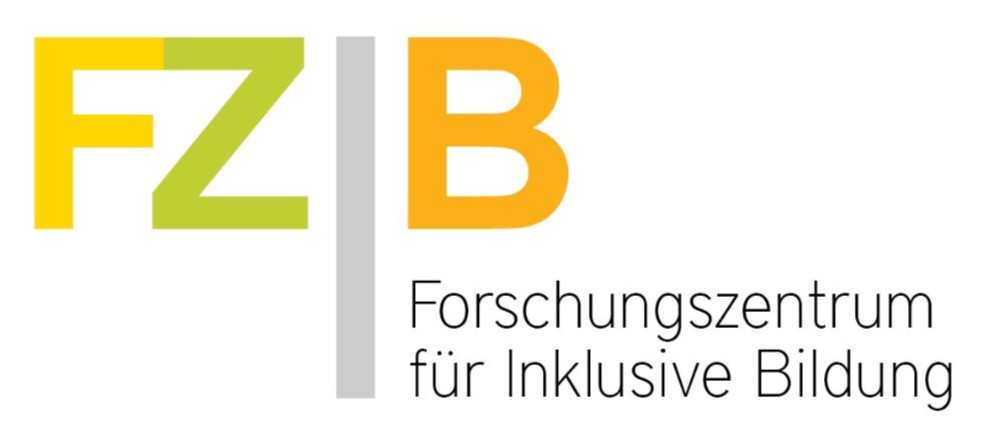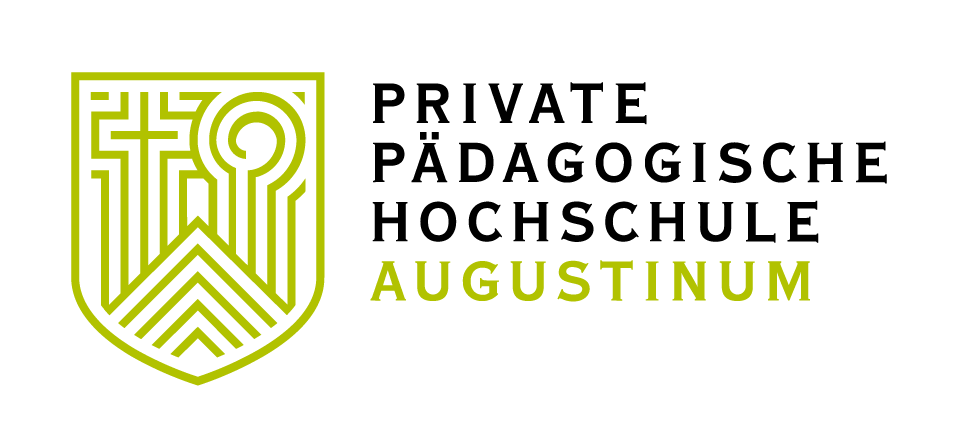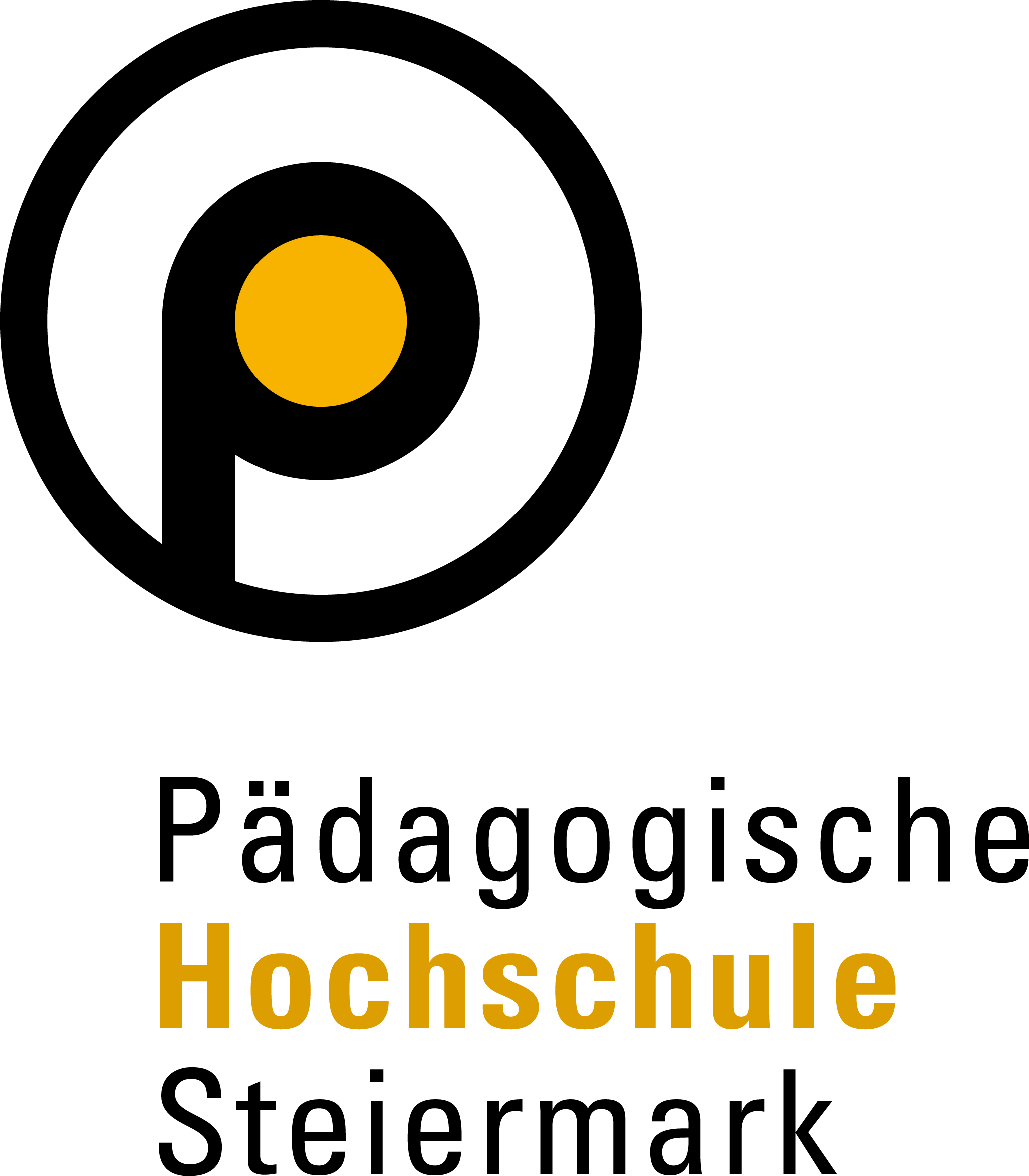Our understanding of inclusion
...with a focus on education
Inclusion means equal and equivalent participation in society.
In the field of education, this means that educational institutions are accessible to all people and that adequate provisions are made for their participation. Every child has the right to high quality education.
An inclusive education system ensures that participation in social interaction and joint learning is possible and that everyone can acquire the knowledge and skills needed to shape their individual lives and participate in society.
Attention is paid to the development of sustainable, respectful relationships between teachers and learners, but also among the learners; relationship breakdown or exclusion is completely avoided if possible.
The learning process is designed in such a way that it is possible to deal with the central learning content at different levels and via different (media) accesses and that the learners receive the necessary support for the transition to their respective next stage of development.
Inclusive learning environments are rich and equipped with differentiating materials and media.
Learners, supported by teachers, can choose between learning content and learning groups.
Assessment is based on individual progress.
Pedagogical design and learner support is provided by multi-professional teams that work cooperatively to provide the best possible learning environment for each child.
Inclusion is an evolving process, so it needs interdisciplinary research with different methodological approaches in all educational institutions.


